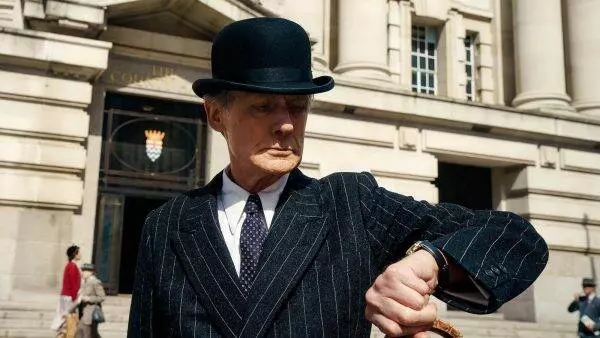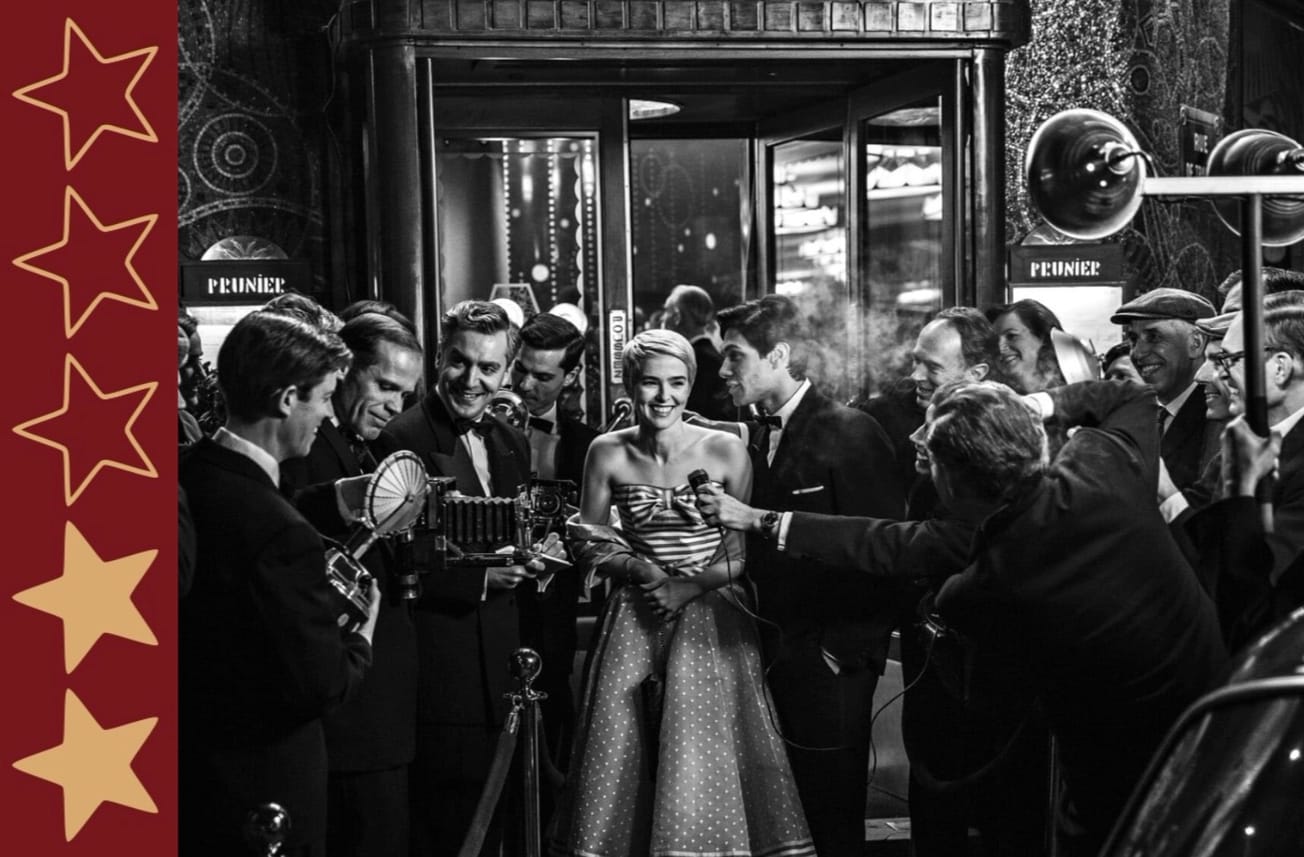By Amber Conroy, Second Year, Theatre
It is no surprise that novelist Kazuo Ishiguro adapted Akira Kurosawa's Japanese drama Ikiru (1952) to a screenplay set in 1950s England with Bill Nighy firmly in mind for the lead role: “Everything was built around how it would look when Bill Nighy was doing it,” being both a national treasure and beacon of Englishness – the role was genuinely made for Nighy, whose performance was as graceful as it was heart-wrenching.
Oliver Hermanus’ elegantly directed Living follows the story of Mr Williams; as genteel a character as one can find, all he aspired to as a child was, “to be a gentleman”, and stupefied in British bureaucracy as an overseer at County Hall, a gentleman he was. Upon a diagnosis of terminal cancer, Williams is awakened from the state that Aimee Lou Wood’s cheerful Ms Harris describes as “Mr Zombie” – dead but not dead.
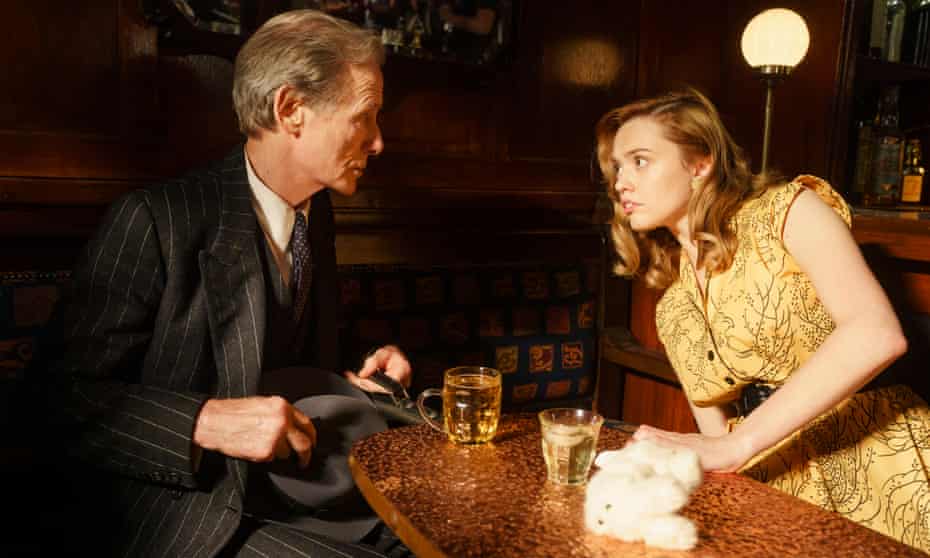
With little time left, Williams endeavours to “live a little”, escaping to Bournemouth and befriending a Parisian-visionary-wannabe played by Tom Burke, the two drink in dives in an attempt at ‘living’. That is until Williams sings a scotch-fuelled version of The Rowan Tree, and the suppressed emotions of presumed decades begin to surface.
This bar-crawl montage seemed to lack in meaning compared to Williams’ other endeavours to seize what little time he had left, but perhaps that was partly the point: he didn’t need to live the life of a bohemian to live meaningfully in his last stretch but rather achieve something.
This took the form of urgently pioneering the brigade through city hall authorities to get a local children’s playground built, no doubt achieving more than the previous thirty years of his career.
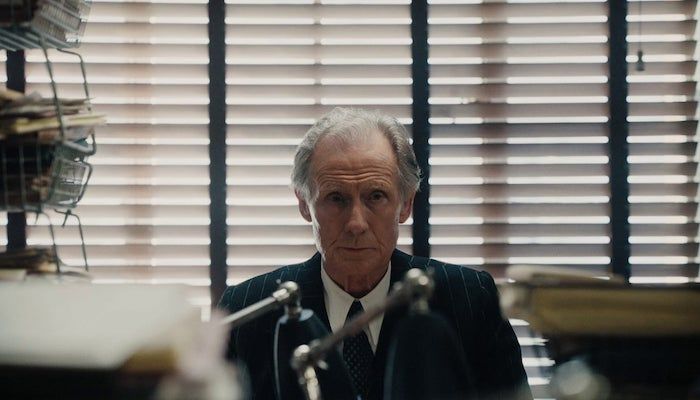
In the lead-up to this, Williams returns to London and bumps into Ms Harris – a junior employee in County Hall – and over lunch, at Fortnum & Mason, he becomes infatuated with Harris’ “appetite for life”. It becomes clear, too, that Williams has an awareness of the absurdity of the stiff upper lip that was intrinsic to the respectable workers of '50s London and to himself most of all.
There is an undeniable comedy in Williams’ conservatism which adds a touch of joviality to the film. Ms Harris acknowledges with both surprise and apology that she “got him wrong” in a scene which evoked pure pathos for the growingly loveable old man.
The two form a companionship that would have any daughter dying to hug her dad. Harris has quit the dull mundanity that was her job in the city office in the hopes of bigger things, which is perhaps what causes Williams to be so captivated by her and what inspires him to take action.
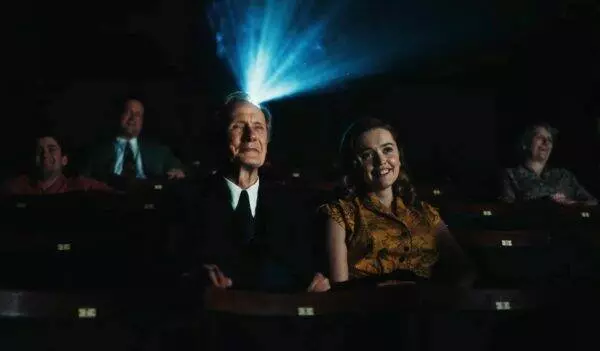
This film can only be described as deliciously sad, but most certainly not tragic. Something that felt very clear in an instance of reconciliation of generations towards the end: a new junior in the office, Mr Wakeling’s attitude is posed as a silver lining of sorts.
It feels as though he can still be saved from becoming the mummified statue that Williams’ successors inevitably will. He leaves us with the hope that things will change and his love affair with Ms Harris symbolises that they will truly live, as though in honour of Mr Williams.
Featured Image: Lionsgate UK
What did you think of Living's (2022) overarching message?

